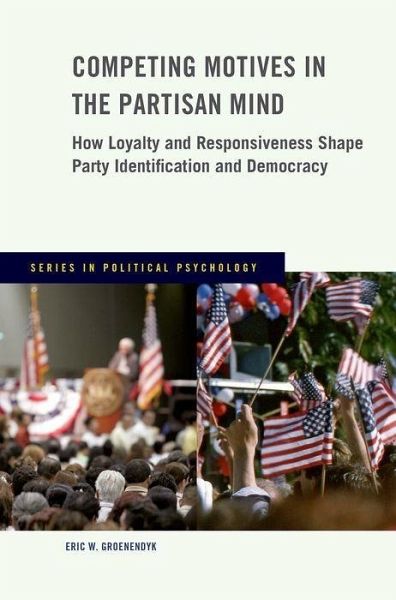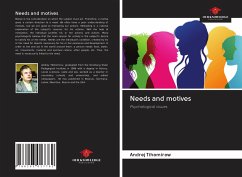
Competing Motives in the Partisan Mind
How Loyalty and Responsiveness Shape Party Identification and Democracy
Versandkostenfrei!
Versandfertig in 1-2 Wochen
55,99 €
inkl. MwSt.

PAYBACK Punkte
28 °P sammeln!
Party identification may be the single most powerful predictor of voting behavior, yet scholars continue to disagree on whether this is good or bad for democracy. Some argue that party identification functions as a highly efficient information shortcut, guiding voters to candidates that represent their interests. Others argue that party identification biases voters' perceptions, thereby undermining accountability. Competing Motives in the Partisan Mind provides a framework for understanding the conditions under which each of the characterizations is most apt. The answer hinges on whether a per...
Party identification may be the single most powerful predictor of voting behavior, yet scholars continue to disagree on whether this is good or bad for democracy. Some argue that party identification functions as a highly efficient information shortcut, guiding voters to candidates that represent their interests. Others argue that party identification biases voters' perceptions, thereby undermining accountability. Competing Motives in the Partisan Mind provides a framework for understanding the conditions under which each of the characterizations is most apt. The answer hinges on whether a person has sufficient motivation and ability to defend her party identity or whether norms of good citizenship motivate her to adjust her party identity to reflect her disagreements.














